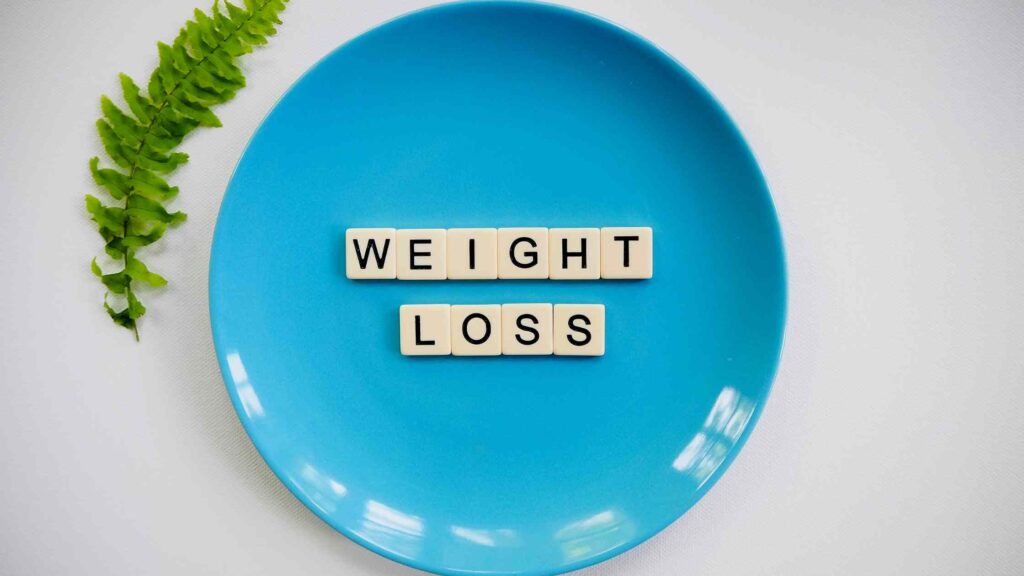There are many factors that influence weight loss, both intentional and unintentional. Losing weight is common after pregnancy, but it can also occur when your body’s fluid levels decrease due to medication, illness, or a decrease in muscle mass. Other causes include disease, overactive thyroid, or depression. Here are some tips for shedding those excess pounds and keeping your figure in check. Read on for more information! Also, check out the health benefits of dietary supplements for weight loss.
Unintentional Weight Loss
If you’ve experienced sudden and unintended weight loss, it’s time to see a doctor. If your loss is not related to a medical condition, the doctor will likely ask you about your lifestyle and health history. A full medical history will allow the doctor to narrow the possibilities of an underlying medical problem. If possible, describe any changes you’ve made to your diet or exercise schedule. Also, let your doctor know if you’ve had any recent colonoscopy tests or dental procedures. If possible, mention any family medical history.
A thorough history is the first step in assessing unintentional weight loss. Ask about associated factors, including medications or nutritional deficiencies. Based on the results of the history, the clinician should proceed to the investigation of the cause of the loss. Unintentional weight loss has numerous causes, but many of these are related to psychological issues and functional limitations. Even in the case of a non-psychiatric cause, the underlying medical condition may have a role in the patient’s weight loss.
Common Among Older Adults
Although unintentional weight loss is common among older adults, it’s important to consider the underlying conditions that cause it. For instance, a lower body weight can indicate an underlying illness or malignancy. Therefore, if you see a patient with unintentional weight loss over six to 12 months, it’s important to consult a medical professional. Even if the weight loss appears unrelated, a diagnosis may be difficult to make.
There is no one cause of unintentional weight loss, but it does indicate a higher risk of death from cardiovascular disease (CVD) and non-CVD mortality than those with a stable BMI. Additionally, intentional weight loss was linked to higher risk of death. The researchers concluded that unintentional weight loss may be an indicator of underlying disease. So, before you decide on a weight loss plan, make sure to check your BMI.
Stress Triggers Hormones
Exercising is an excellent way to fight stress and burn calories. Exercise burns calories and improves cardiovascular health. Additionally, it releases endorphins, which fight stress. Exercise can also decrease stress hormones such as cortisol and adrenaline. These hormones can increase weight and hinder weight loss. So, exercise is important to lose weight. You can exercise daily or join a gym to increase your metabolism.
Exercise and physical activity trigger the production of endorphins, brain chemicals that elevate mood and promote feelings of relaxation. Stress also stimulates the release of cortisol, a hormone that prepares the body for flight or fight. Cortisol increases appetite and triggers cravings for comfort foods. Studies have shown that chronic stress impairs the HPA axis, which controls the body’s response to stress. Chronic stress impairs the HPA axis, which causes changes in metabolism and the GI system.
Higher Risk for Metabolic Diseases
Studies have linked high stress levels to an increased appetite and a higher risk for metabolic diseases. Studies have also shown that stress hormones decrease levels of happy hormones such as serotonin and neurotransmitters. Therefore, stress is not only a major cause of belly fat, it can also increase the risk for weight gain. The best way to fight stress is to take care of the cause – and start addressing your health.
Research shows that stress can affect the GI system and slow digestion. Additionally, it can exacerbate symptoms of irritable bowel syndrome. These changes can lead to weight loss, and you should consult with a doctor if you find your body weight fluctuates uncontrollably. However, it’s always better to check with your doctor if your weight loss is unintentional. And don’t forget to exercise and eat healthily.
Exercise Prevents Weight Loss
Although it’s tempting to skip exercise, there is one key advantage to a vigorous fitness regime: weight loss. Exercise burns more calories than it takes in, and the brain automatically matches the energy you put into your body with the amount of energy you spend. Combined with proper nutrition, exercise results in a 20 percent greater weight loss rate than a diet alone. Exercise can increase your metabolism by burning more calories than you take in.
Dietary supplements for weight loss
While there are many dietary supplements available, they may not always be the best choice for you. Before trying any weight loss product, consult with your healthcare professional to find out if it is a safe choice. Supplements may be costly, contain ingredients that may interact with certain medications, and could even cause physical harm. Moreover, the supplement you choose may also interact with your other medications. In addition, the Supplement Facts panel on the label should be read carefully before taking it.
One of the most common ingredients found in weight loss supplements is caffeine. Although caffeine is natural in many forms, it is not safe to consume in excess. Some products contain caffeine, including green tea extract. However, some companies fail to disclose the caffeine content of their supplements, so consumers may not know that they are taking caffeine. In such cases, consumers may end up taking harmful supplements for weight loss. However, there are still some benefits to taking dietary supplements.
Ingredients of Dietary Supplements
The ingredients of dietary supplements for weight loss vary widely. Some products claim to boost metabolism, suppress appetite, or improve metabolism. While some products contain all of these ingredients, others contain proprietary blends that do not provide an accurate picture of their effects. Therefore, you should read labels carefully to determine if a product is worth your money. Also, keep in mind that you should always check the ingredients’ safety and effectiveness. In case of herbal supplements, check whether the label says they are 100% natural or not.
Support Services in Weight-Management Programs
There are many different types of support services that are included in weight-management programs. Some are designed to help individuals lose weight and maintain their weight loss, while others focus on prevention and behavior modification. The care team shares different strategies and tools for helping people lose weight, including medical nutrition therapy, behavioral modification, physical activity, and mental health services. The specific combination of strategies will depend on the individual and their needs. To find out what type of support services are included in your weight-management program, contact your health insurance provider.
Final Thought:
Medical and non-clinical staff in primary care clinics provide support for patients and help them achieve their goals. In this type of program, patients follow a meal plan structured to help them meet their calorie intake goals. Patients are monitored by physical therapists on a weekly basis and enrolled in group sessions under limited medical supervision. Support services in weight-management programs provide education about incorporating physical activity into daily life. read more






More Stories
The Advantages and Disadvantages of Diamond Braces
The NYC Doe Health Screening | Completely Guide 2022
Liberty Health Sciences: Investor & Operator in the Medical Cannabis Industry